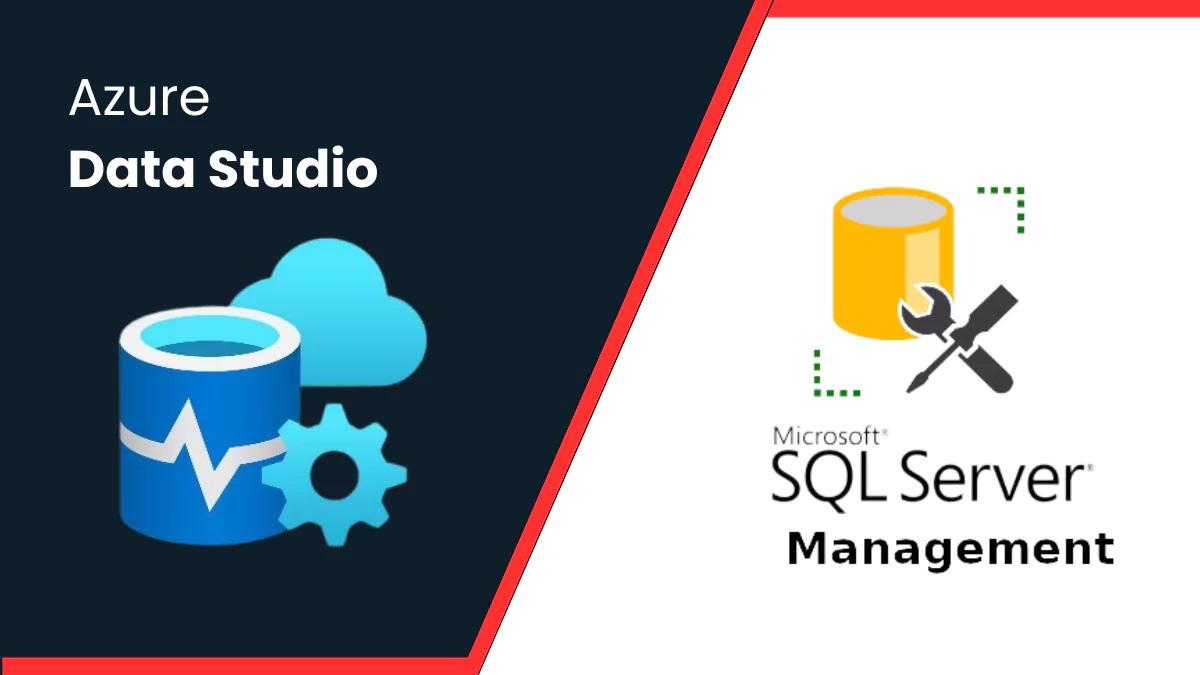Overview
Azure Data Studio is a modern, cross-platform database tool designed for data professionals using on-premises and cloud data platforms on Windows, macOS, and Linux. It's renowned for its sleek design, extensible architecture, and built-in support for Jupyter notebooks.
SSMS (SQL Server Management Studio), on the other hand, is a Windows-only integrated environment tailored for managing SQL Server infrastructure, from SQL Server to Azure SQL Database. It is a robust, feature-rich tool ideal for database administrators and developers.
User Interface
When comparing Azure Data Studio vs SSMS, the user interface is a significant differentiator.
what is Azure Data Studio offers a streamlined, modern interface with productivity features such as IntelliSense, code snippets, and an integrated terminal. Its design focuses on enhancing the user experience by being intuitive and customizable.
SSMS provides a more traditional interface with comprehensive management tools. It’s familiar to long-time SQL Server users and is designed to handle extensive SQL Server management tasks efficiently.
Extensibility and Plugins
Azure Data Studio excels in extensibility, supporting a wide range of extensions and plugins available from its marketplace. These extensions enhance its functionality, making it a versatile tool for various data tasks.
SSMS, while rich in features, is limited in terms of extensions. However, it offers deep integration with the SQL Server ecosystem, ensuring seamless management of SQL Server environments.
Platform Support
One of the key factors in the Azure Data Studio vs SSMS debate is platform support.
Azure Data Studio is cross-platform, supporting Windows, macOS, and Linux. This versatility makes it an excellent choice for developers working in diverse environments.
SSMS is limited to Windows, which can be restrictive for developers who need to work across different operating systems. However, its deep integration with Windows-based SQL Server environments makes it indispensable for many SQL Server professionals.
Performance and Usability
Azure Data Studio is known for its lightweight, fast performance, and quick startup times. It's designed to be responsive, making it ideal for fast-paced data tasks.
SSMS is a powerful tool with a comprehensive feature set, which can sometimes result in slower startup times and less responsiveness compared to Azure Data Studio. However, its robustness and feature richness make it invaluable for extensive SQL Server management.
Target Audience
When considering Azure Data Studio vs SSMS, it’s essential to understand the target audience for each tool.
Azure Data Studio is ideal for data engineers, analysts, and developers who need a modern, flexible, and cross-platform tool. Its support for Jupyter notebooks and extensions makes it a favorite among data professionals who value innovation and versatility.
SSMS is best suited for database administrators and developers who require extensive SQL Server management capabilities. Its deep integration with SQL Server environments and comprehensive management tools make it the go-to choice for SQL Server administration.
Conclusion
Both Azure Data Studio and SSMS have their strengths and are suited for different purposes. Azure Data Studio offers a modern, versatile experience across various operating systems, making it perfect for data professionals seeking flexibility and productivity. On the other hand, SSMS provides a robust, feature-rich environment tailored for comprehensive SQL Server management, making it indispensable for SQL Server administrators.

